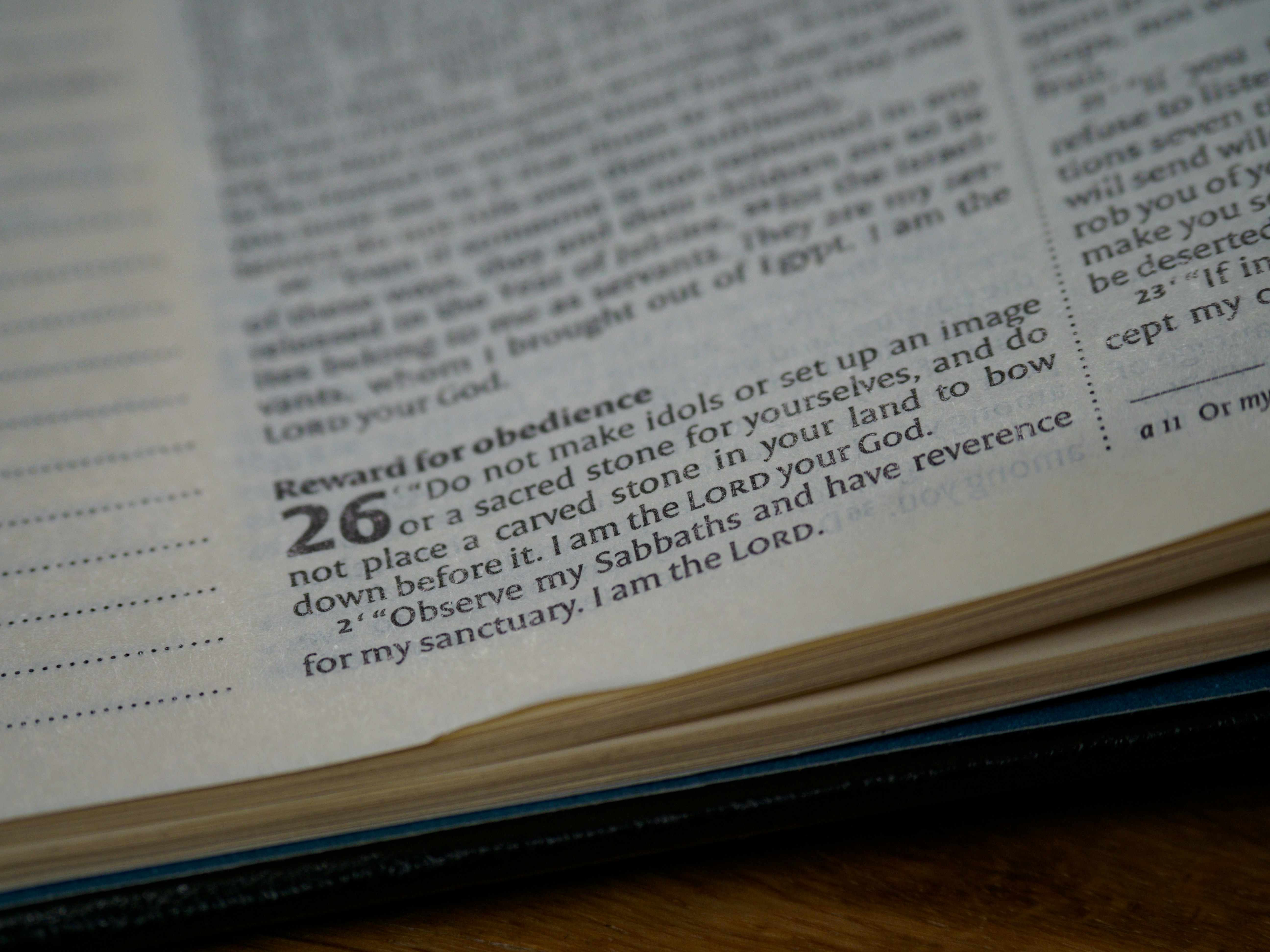“How To Live A Good Life By Understanding Biblical Consequences”
Understanding the Proverb 22:8 NKJV
In the book of Proverbs, chapter 22, verse 8, the New King James Version (NKJV) states, “He who sows iniquity will reap sorrow, and the rod of his anger will fail.” This proverb offers a powerful message about the consequences of our actions and the importance of living a righteous life.

Interpreting the Proverb
At first glance, this proverb may seem straightforward, but let’s delve deeper into its meaning. “He who sows iniquity” refers to someone who engages in sinful or immoral behavior. The act of sowing is a metaphor for planting seeds, implying that our actions have consequences that will eventually manifest.
The proverb continues by stating that those who sow iniquity will “reap sorrow.” This means that the negative consequences of their actions will come back to haunt them. Just as a farmer reaps what they sow, so too will those who engage in wrongdoing experience the repercussions of their choices.
Furthermore, the proverb mentions the “rod of his anger.” This phrase symbolizes the punishment or consequences that will befall the person who sows iniquity. It implies that their anger and aggression will ultimately fail to achieve the desired outcome, leading to further sorrow and disappointment.
The Universal Truth
While this proverb is rooted in biblical scripture, its message holds true across cultures and belief systems. It speaks to the universal principle of cause and effect, highlighting the importance of leading a virtuous and ethical life.
When we engage in actions that are morally wrong or harmful to others, we are sowing seeds of iniquity. These seeds may take time to grow and manifest, but eventually, we will reap the consequences of our choices.
Similarly, the proverb emphasizes that anger and aggression are not effective tools for achieving our goals. The “rod of his anger” represents the futility of using anger as a means of control or power. Instead, it suggests that a more peaceful and compassionate approach is likely to yield better results.
Applying the Proverb in Our Lives
Reflecting on this proverb can guide us in making wiser decisions and leading more fulfilling lives. It encourages us to consider the long-term consequences of our actions and to choose righteousness over iniquity.
When faced with difficult situations or conflicts, it reminds us to approach them with patience, understanding, and empathy. Rather than resorting to anger or aggression, we can seek peaceful resolutions that promote harmony and mutual growth.
Furthermore, this proverb serves as a reminder to take responsibility for our actions. It encourages us to be mindful of the choices we make and the impact they may have on ourselves and others. By sowing seeds of goodness and righteousness, we can create a positive ripple effect in our lives and the lives of those around us.
Conclusion
The Proverb 22:8 NKJV offers a timeless message about the consequences of our actions. It reminds us that sowing iniquity will ultimately lead to sorrow, while the use of anger as a tool will fail to bring about the desired outcome. By embracing righteousness and choosing compassion over aggression, we can live more fulfilling and purposeful lives. Let us heed the wisdom of this proverb and strive to sow seeds of goodness and love in all that we do.




Leave a Reply
You must be logged in to post a comment.